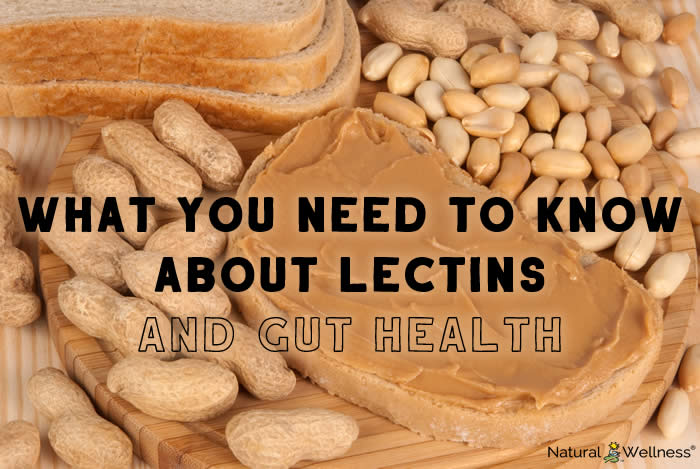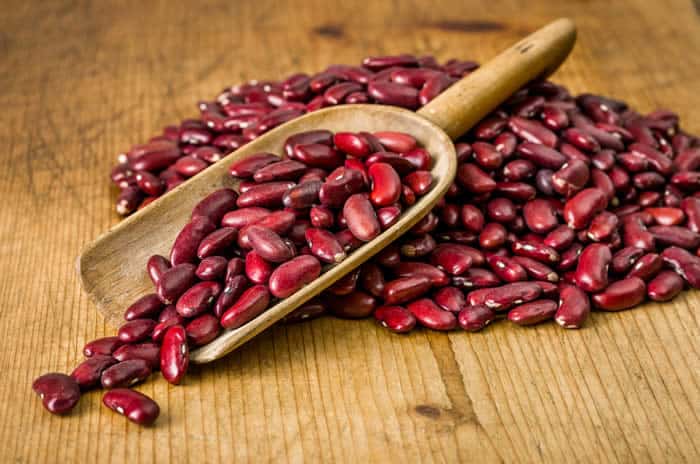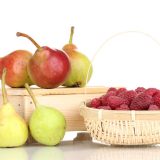

Are Lectins Good for You?
Lectins are a common type of protein that binds with sugar and are found in many foods, including nightshade vegetables, legumes, and more. In the right amounts, lectins offer numerous health benefits, such as acting as an antioxidant in the body and protecting cells from free radical damage. But, in excess, lectins disrupt our body’s ability to absorb nutrients from food (1).
Lectins also contain plant compounds called isoflavones, which are commonly believed to protect against:
- a variety of age-related and cardiovascular diseases
- osteoporosis
- some cancers
- and degenerative cognitive conditions (2).
Lectins likely evolved as a defense mechanism in plants against hungry predators. They get a bad reputation as being an ‘anti-nutrient,’ ‘toxic,’ and are often cited as a large contributor to chronic obesity, inflammation, and autoimmune disorders (3).
Lectins can help slow the absorption and digestion of carbohydrates in our body. In turn, this helps manage spikes in blood sugar and insulin levels. Research is also revealing their anti-cancer properties that produce cell-death in cancer cells (2).
High in Lectins: Veggies, Legumes and More
Now let’s take a look at some of the most common foods high in lectins:
- eggplant
- tomatoes
- potatoes
- red kidney beans
- peanuts
- wheat
We’ll also explore preparation methods for reducing their lectin content to safe levels.
Eggplant

While delicious in a curry or stir-fry, raw eggplant is extremely high in lectins. One of the most common nightshade vegetables, eggplant is high in vitamins A and C, and polyphenols (which help our body process sugar). The amount of lectins in eggplant can be reduced to consumable levels through baking, boiling, stir-frying, and frying until soft.
Tomatoes
Like eggplant, tomatoes are another common member of the nightshade family. They are rich in fiber, vitamin A, vitamin C, folate, and vitamin K1. Tomatoes also possess high levels of lycopene, a compound known to reduce heart disease and inflammation. Lycopene also potentially provides anti-cancer properties (3). While containing lectins, tomatoes need no special processing or preparation to safely consume.
Potatoes
An excellent source of vitamins and minerals, potatoes are extremely high in potassium, vitamin C, and folate, and contain a variety of health benefits. While simultaneously rich in lectins, no scientific research has been able to prove the adverse effects of potatoes due to their lectin content. While we wouldn’t recommend raw potatoes, cooked or processed potatoes are safe to consume.
Red Kidney Beans

With a remarkably low glycemic index, red kidney beans provide a gradual rise in blood sugar rather than a spike and are high in plant-based proteins (1). However, they’re high in lectins. If red kidney beans are consumed raw, they can induce vomiting, nausea, and diarrhea. Once boiled or baked, red kidney beans are reduced to a consumable lectin level of 200-400hau (3).
Peanuts
From the legume family, peanuts are a great source of energy high in mono- and polysaturated fats, biotin, vitamin E, and thiamine. While lectins in peanuts can cross into the bloodstream, the scientific evidence largely leans towards the positive health benefits that peanuts can provide and fails to prove any adverse effects (3). Hooray for peanuts!
Wheat
Wheat is everywhere. Whole wheat, raw wheat and, especially wheat germ, are very high in lectins. Luckily, cooking or processing wheat can reduce lectins to consumable levels, and most wheat based snacks, breads, and crackers contain no lectins as a result of their processing.
Conclusion
Now that you know the most common foods containing lectins, you should be well prepared to…prepare. If you’re allergic or just don’t enjoy any of these high-lectin foods, perhaps the best way for you to manage your gut health is through a probiotic supplement. Natural Wellness’s Ultra Probiotic Formula gives your body the boost it needs to process foods more effectively, getting more nutrients to your liver and your entire body.





